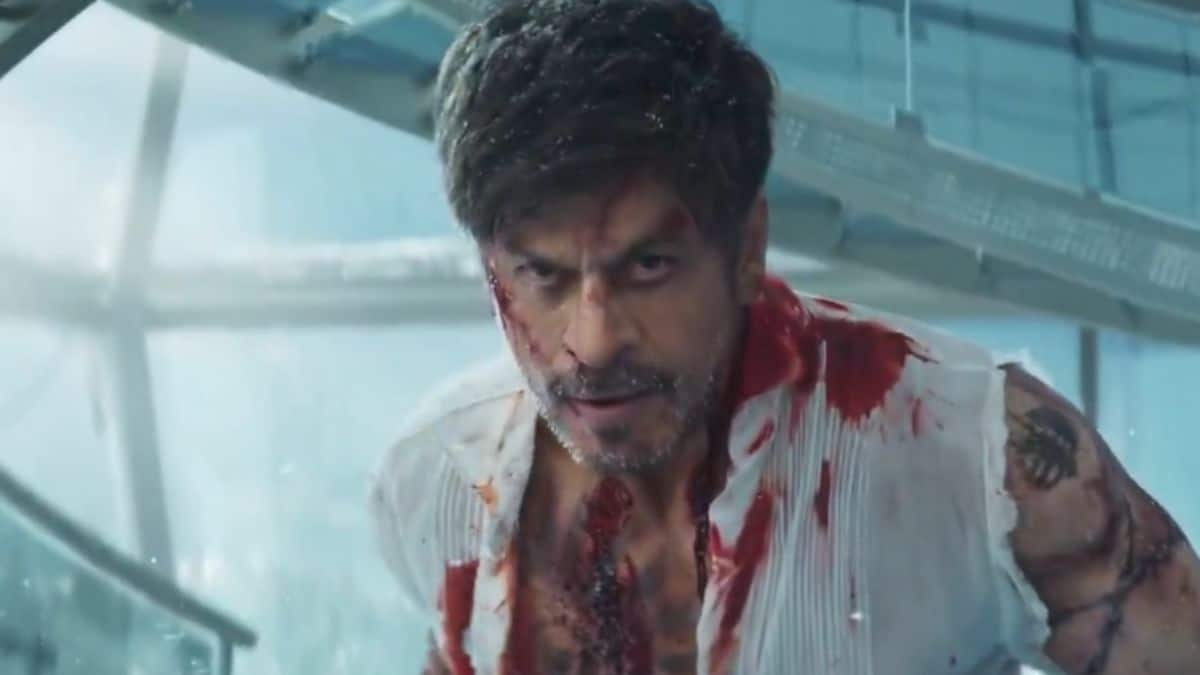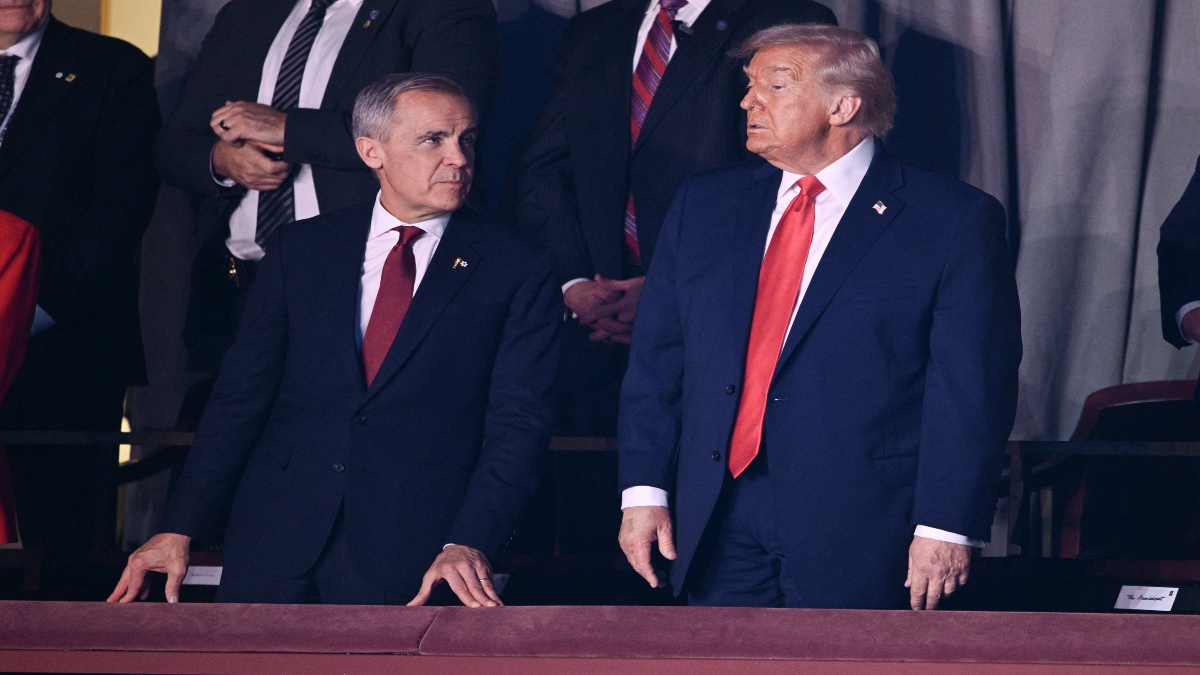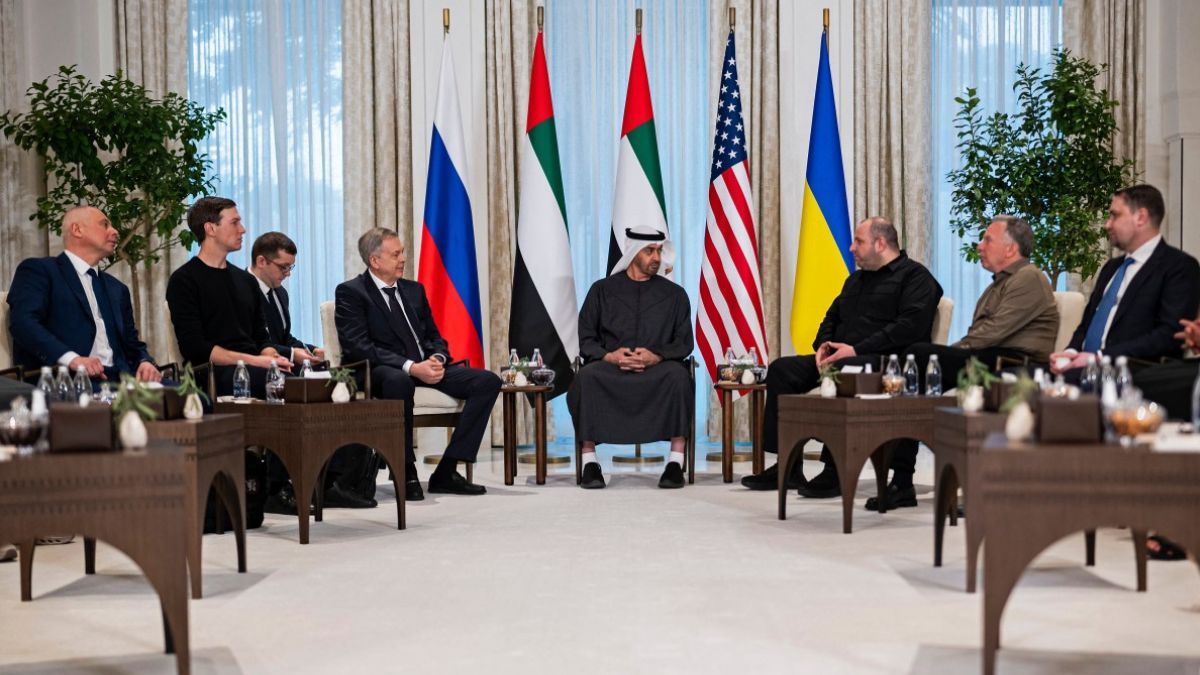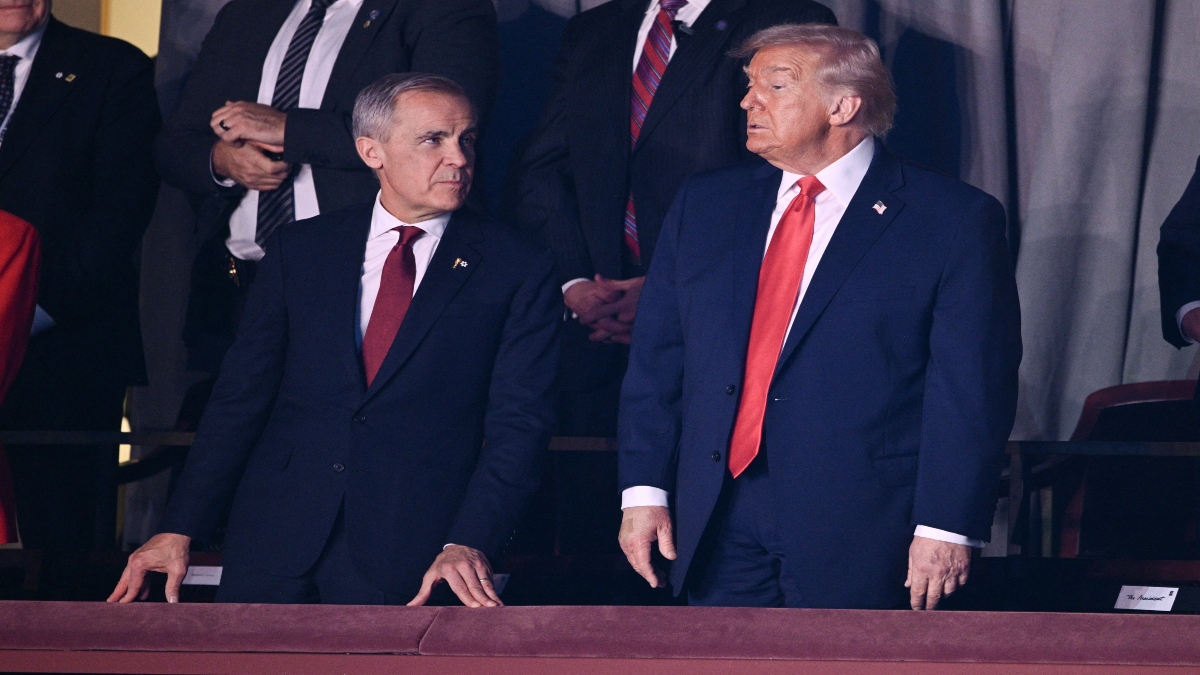It says something that when Will Smith strutted onto stage with all his alpha-male swag and slapped Chris Rock, only the second question flashing through my head (after “Is this staged?”) was: Is this karma?
No, not for the comedian, who may or may not have crossed a line. Not for the A-lister who still seemed to be in character for a role that was going to fetch him his first Oscar. Not even for Scientology, a religious cult whose second most famous Hollywood practitioner had assaulted someone on live television, before John Travolta – its third-most famous representative – handed that man a shiny trophy. I imagined this was karma for ABC, the host channel that had the controversial brainwave of cutting no less than eight ‘minor’ categories from the live telecast this year.
After the fatal ratings dip of the 2021 Oscars, the decision was made to reduce the length of the ceremony from four to three hours. So the awards for Documentary Short, Film Editing (!), Makeup and Hairstyling, Production Design, Animated Short, Live Action Short, Sound and Score were presented at the Dolby Theater an hour before the “actual” event; a special editing team was tasked with weaving the eight winners into the final broadcast. The dissonance was surreal: Just as some of us tuned in to watch the live red carpet coverage, news of trophies being handed out to the distinguished craftspeople of _Dune_ filtered in simultaneously, as though the appetizers were rapidly being dispensed with before the stars waltzed in for a Michelin meal.
So the sight of Riz Ahmed breaking barriers (again), and winning for his live-action short, The Long Goodbye, felt like a passing afterthought. As did the agony of watching Joe Walker win for editing Dune instead of Pamela Martin triumphing for her nifty tennis-cutting on
_King Richard_ – or the frustration of seeing Jonny Greenwood lose yet another race for his tense and transcendent score for
_The Power of the Dog_. Instead, a protracted and random James Bond tribute (unrelated: Amazon took over MGM) and an awkward
_Godfather _ retrospective filled in the ‘spare runtime’: a decision so self-serving and stupid that it even evoked the ire of intellectual contrarian and New Yorker film critic Richard Brody. The obvious was so obvious that perhaps Armond White might have slammed the move too.
What Rock-Smith Gate essentially did was render all of the ABC decisions redundant. Those two horribly mismanaged minutes reduced the ceremony to the gaudy ratings-driven spectacle that it was aiming to be, while also repositioning the Oscars – not unlike the newly disgraced Golden Globes – as ethically bankrupt reality television rather than the celebration of the arts it claims to be. Very few will remember who won on the night or who deserved to. Nobody will remember the three female hosts trying their best to resuscitate a shell-shocked room of rich celebrities. Even fewer will remember the history created by Jane Campion,
_CODA_ and well, Will Smith himself.
In possibly the slowest knee-jerk reaction of modern broadcasting, Questlove’s moving Documentary Feature speech was blanked out a full minute after stars circled presenter Chris Rock’s head. It is like somebody pressed the abort button in slow-motion, much after the beeps failed to censor an act as unpredictable as Smith’s troubled marriage.
Games
View AllI was most excited for this documentary category, but the nomination of India’s _Writing with Fire_ and the miss by Denmark’s _Flee_ became a footnote on a night where the best English-language film of 2021 – a stark period rumination on toxic masculinity – lost to the spontaneous display of such masculinity on stage as much as the feel-good indie ode to differently-abled spirit. The jury will be out for a long time on Will Smith’s behaviour, but he did become the joker in the pack for a global awards ceremony whose recent image moves have been dictated by commerce, visibility, token wokeness, and populist pandering.
There might have been a discernible ratings bump post Smith’s brain-fade on the night. But the point is it would have happened even in a five-hour telecast, unlike La La Land gate in 2017, where viewers actually had to survive till the end of a boring ceremony to enjoy that shocking twist. As perverse as it sounds, Smith’s slap almost felt like justice for the winners of those eight categories – most of which feature “behind-the-camera” skills – who were not deemed important enough to be seen on the glitziest prize night in the free world. Their more fortunate contemporaries, who were deemed worthy enough to be shown, ended up feeling a lot like casualties of the spliced-up footage padded into the telecast.
The Academy and ABC will now never know if their strategy – which came at the cost of protesting artists and blanket bans – was radical enough to work in the long term. It was crass consumerism at its shiniest, until the Rock-Smith segment played out like its own neglected Documentary Short nominee.
Take the punch out of the picture, and this ceremony was about as dry and uneventful as any, with imagination and sass being sacrificed at the altar of post-pandemic nostalgia.
What anyone and everyone will be left with is a sour aftertaste, a cultural postmortem, and an ironic admiration of Will Smith’s talent as an actor for his tearful, never-ending acceptance speech. The fact of the matter is that no Oscars musician or producer forced him to conclude his complicated ramble. The desire to milk this moment –and relegate the eight-category controversy to the bottom of the latest awards debacle – was evident in his uninterrupted monologue, which went on for longer than several of Serena or Venus Williams’ dominant displays on court. He won for playing a version of their demanding father; he stayed on the mic by virtue of being a shadow of his former one-hour-ago self. The concept of art being publicly celebrated is noble, but the paradox of packaging it as a piece of standalone entertainment – vulnerable to eyeballs, ratings, reviews, and sponsors – has never been more self-defeating than now.
The viewership numbers cannot possibly compensate for the character assassination of an institution that, by all accounts, has consumed itself in its pursuit of diplomacy and drama. Because the truth is that when the entire team – including its diverse cast – of Sian Heder’s _CODA_ took the stage after a surprise Best Picture victory on Sunday night, nobody heard deaf actors Troy Kotsur and Marlee Matlin’s genuine elation. Nobody looked at the screen to rage at a sentimental Green Book-style statement by a needy Academy. The world was too busy tweeting about a slap – one that renovated the mediocrity and mayhem of modern-day awards coverage.
Rahul Desai is a film critic and programmer, who spends his spare time travelling to all the places from the movies he writes about.
Read all the Latest News, Trending News, Cricket News, Bollywood News, India News and Entertainment News here. Follow us on Facebook, Twitter and Instagram.


)

)
)
)
)
)
)
)
)



